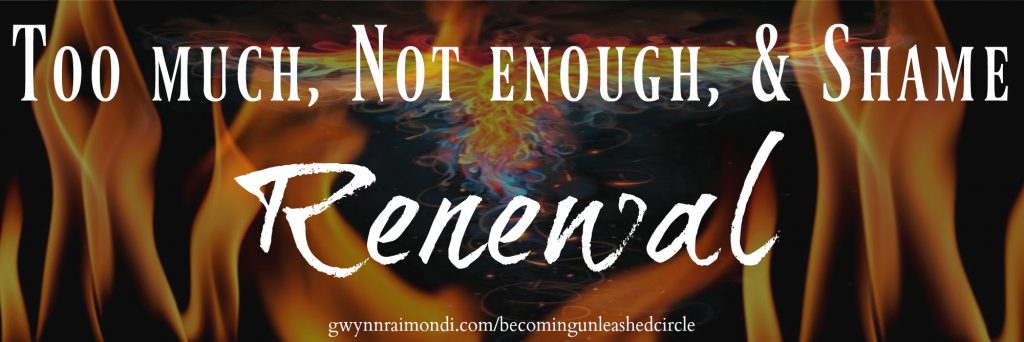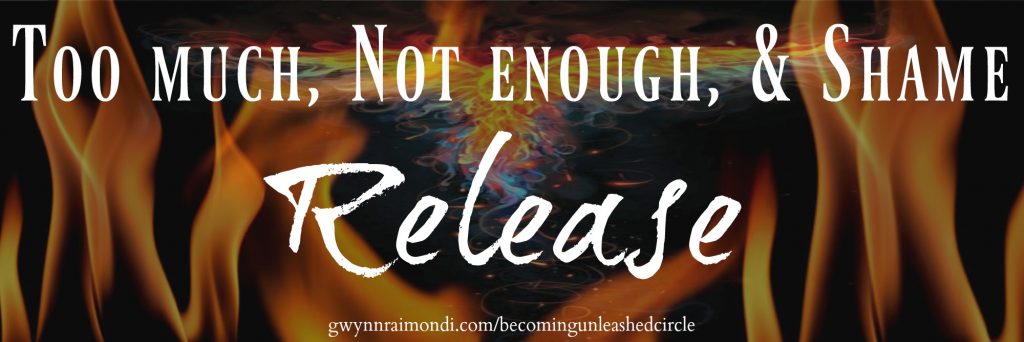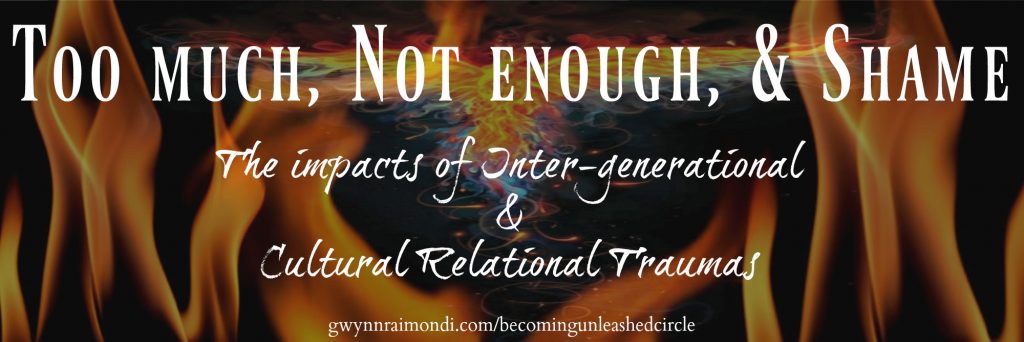Without the ‘dark’ I would never understand how light the ‘light’ really is. And while I don’t care for the dark, I do appreciate what it does for the light. ~Craig D. Lounsbrough
Change is supremely inconvenient, uncomfortable and naturally scary. Yet we only move through life through the process of change, reinvention and renewal, and so bravery is our quintessential rebel for pushing us past our own limiting beliefs and behaviours. Bravery is feeling the fear, immersing yourself into it and through it so you can come out the other side. ~Christine Evangelou, Rocks Into Roses: Life Lessons and Inspiration for Personal Growth
A story only matters, I suspect, to the extent that the people in the story change. ~Neil Gaiman, The Ocean at the End of the Lane
Within each of us is strength, power, and daring. Our own. That of our ancestors. Within each of us is resilience, love, hope. Within each of us is a knowing, a trusting, a believing. It is there. We may not feel it. We may not be able to admit it is there, we may not be able to see it, but it is there all the same.
The work of reclamation is to unearth and reclaim these parts of our Self that we have buried, pushed down, ignored, or truly did not believe existed. It requires us to reclaim our bodies as ours, our strengths and skills and talents, our inner power and knowing, our courage, bravery, and daring to break patterns and cycles, to become the people we want to be.
Reclaiming those parts of our Self we thought lost, or worse that they never existed, is work that can only be done after the work of releasing and creating space, and allowing for the time of renewal to integrate the openness into our being. Once that space exists and is truly a part of us, we can begin to see those parts of us we couldn’t before. Those parts of us that we were told were vile, were ugly, or simply weren’t there in the first place.
Reclamation is the time of deeply and viscerally realizing that what we were told is “too much” about us is actually our strength, our power. Of realizing all the ways we were told we are “not enough” is actually where our courage, our bravery, our daring lives. Of realizing all the shame we carry isn’t ours, that we were never meant to have it living within our being.
Then, once we have all these realizations and can feel them in our bodies and at the core of our being, the work of reclamation becomes relatively easy.
I’ve described all these stages of this work in a linear fashion, first one then the next then the next. And while it is true that in many ways one stage does need to proceed the next it is also true that we are constantly doing all these stages of this work simultaneously.
I envision the path of this work to be like a three dimensional spiral. We travel along it, around and around, up and then down, revisiting the same narratives, the same wounds, but at different layers and from different perspectives each time. The work is perhaps never actually “complete” and yet with each layer we find our ways closer to the person we truly want to be, the person we truly are, and finding more and more freedom from the leash of our own trauma and the trauma of living in our current western culture.
I talk more about these ideas in the 6-minute video here.
This essay is the fourth and final of a four part series I have written exploring our narratives of too much, not enough, and the shame we carry and how we can release them and reclaim our own strength, power, and daring. I hope you have found it helpful and informative.
This essay series is also to introduce the themes we will be exploring in the fall online women’s circle Becoming Unleashed. We begin October 1 and space is limited to six women. You can learn more here.
In case you missed the previous essays, you can find them at the links below:
The Impacts of Inter-generational & Cultural Relational Traumas
Releasing our stories of too much, not enough, & shame
The Goo: A time of Renewal, Restructuring, Re-evolving
Reclaiming our power, strength, & daring (this essay)

 You cannot let go of anything if you cannot notice you are holding it. ~Neale Donald Walsch
You cannot let go of anything if you cannot notice you are holding it. ~Neale Donald Walsch